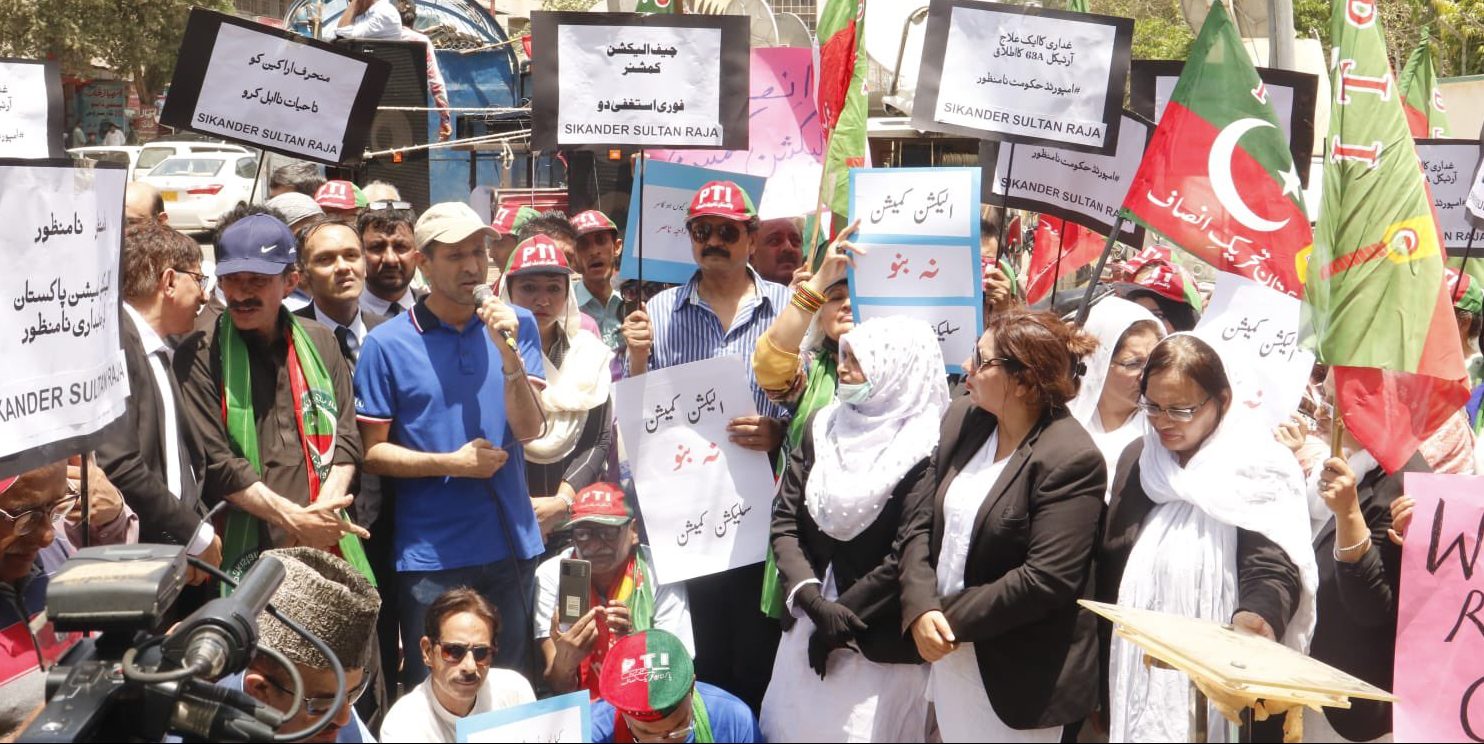Islamabad, Pakistan – Data released by the Pakistan Bureau of Statistics on Monday revealed that the consumer price index (CPI) for March showed a 20.7% increase compared to the same month last year, marking the lowest reading in nearly two years. This figure is below the finance ministry’s projections for the month of March.
In comparison to the previous month, inflation for March registered a 1.7% rise. The economy has been grappling with inflation above 20% since May 2022, reaching a peak of 38% in May 2023, as Pakistan implements contentious reforms mandated by an International Monetary Fund (IMF) bailout program.
Amidst high inflation rates, the country has also experienced stunted growth, with GDP shrinking by 0.17% in the financial year 2023. Economic activity slowed significantly due to historically high interest rates, currently standing at 22%.
In February, annual CPI inflation stood at 23.1%, with no change month-on-month. Both the IMF and the central bank anticipated a slowdown in inflation during the last quarter of the current financial year ending in June, but the drop in March was sharper than expected.
The finance ministry, in a statement on Friday, anticipated inflation to range between 22.5% and 23.5% in March, attributing it to the high base effect and favorable domestic and global factors.
On Sunday, the government announced a 3.5% increase in fuel prices, raising them to Rs289.41 per litre. Despite economic challenges, the finance ministry highlighted signals of growth prospects for the current year.
Calls for a cut in the central bank’s main interest rate have been mounting, with the rate unchanged for six consecutive policy meetings to stimulate growth. Meanwhile, the government is set to approach the IMF again shortly for a longer-term program after reaching a staff-level agreement for the second and final review of its nine-month $3 billion program last month.
SPI
The Weekly Sensitive Price Indicator (SPI) for the Combined Group slightly decreased by 0.09% WoW but surged by 29.41% YoY, per data from the Pakistan Bureau of Statistics (PBS). The index settled at 323.20, down from the previous week’s 323.50 but significantly higher than the 249.75 recorded a year ago. Among 51 items, notable price decreases included Tomatoes, Wheat Flour, Garlic, LPG, and Wheat, while Chicken, Eggs, Shirting, and Rice Irri 6/9 saw increases. Income group analysis showed decreases in SPI across all groups weekly but increases ranging from 22.15% to 33.5% yearly. Additionally, Sona urea prices saw a slight decrease from the previous week but a substantial increase compared to last year, while Cement prices remained higher compared to the previous year.



















